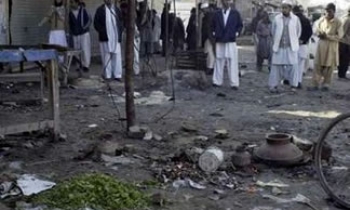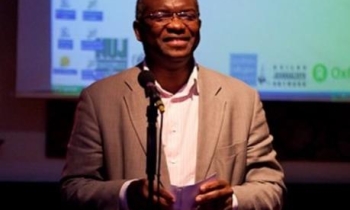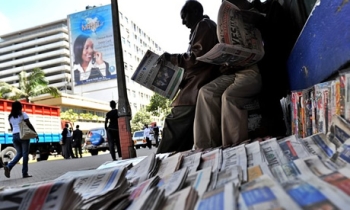The Sri Lankan government has blocked access from within Sri Lanka to TamilNet, a website hosted in Norway which provides alternative reports on local events. The move marks the employment of a new and more extreme form of censorship than ever before.
“This is a blatant and unjustified attack on freedom of expression” said Agnès Callamard, Executive Director, ARTICLE 19. “Until now, control measures have largely been directed at local media. Applying these measures to the Internet represents a serious escalation which threatens to cut off an important source of independent and alternative news. This not only threatens press freedom but also undermines efforts to address the conflict.”
The site first went offline on Friday, June 15, 2007, but it was only on June 19 that local TamilNet readers attempting to access the site realised that it was actually being blocked in accordance with a directive issued by “higher authorities” to local Internet service providers (ISPs).
Although some claim it has an LTTE bias, the online paper has, over its ten-year life span, earned a solid reputation for providing alternative news and opinions with a particular focus on the North and East of the country, operating under the banner of “Reporting to the World on Tamil Affairs”. It is relied upon as a credible news source by journalists, civil society and the diplomatic community both within Sri Lanka and globally. Over the years, the site has endured various threats and attacks, including the gunning down in April 2005 of editor, Sivaram Dharmaratnam, ARTICLE 19 said.
The site is still available internationally and the Sri Lankan citizen journalist news site, Groundviews, has published instructions on how to access the site via Google. They have also reproduced TamilNet’s latest articles on the Groundviews site. The local blogosphere community has expressed its outrage and condemnation of the blocking.
In a possible snub to press freedom groups, the blocking coincided with visits to the country by press freedom groups Reporters sans Frontières (RSF) and Committee to Protect journalists (CPJ).
"ARTICLE 19 views this move as a clear breach of the right to freedom of expression. We are particularly concerned that this may signal a move by the government to add Internet censorship to its already considerable control over the media. We also note that attempting to curtail access to alternative views can only perpetuate the conflict and undermine efforts at conflict resolution. We call for an immediate lifting on the block and urge the government to make a commitment to respect freedom of expression online," the organisation said.
Clashes, air strikes, and assassinations have killed 5,000 people over the past 19 months in Sri Lanka, according to the Associated Press. More than 70,000 people have died since the secessionist conflict began in 1983.









